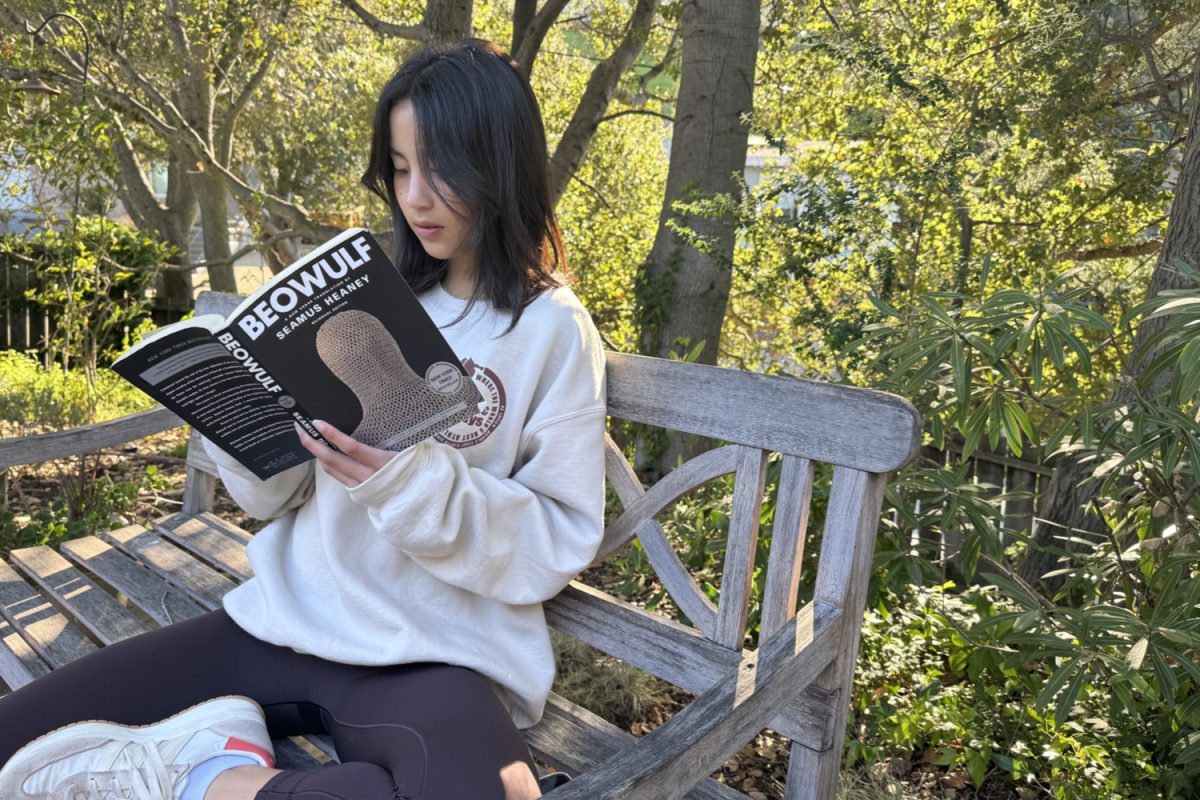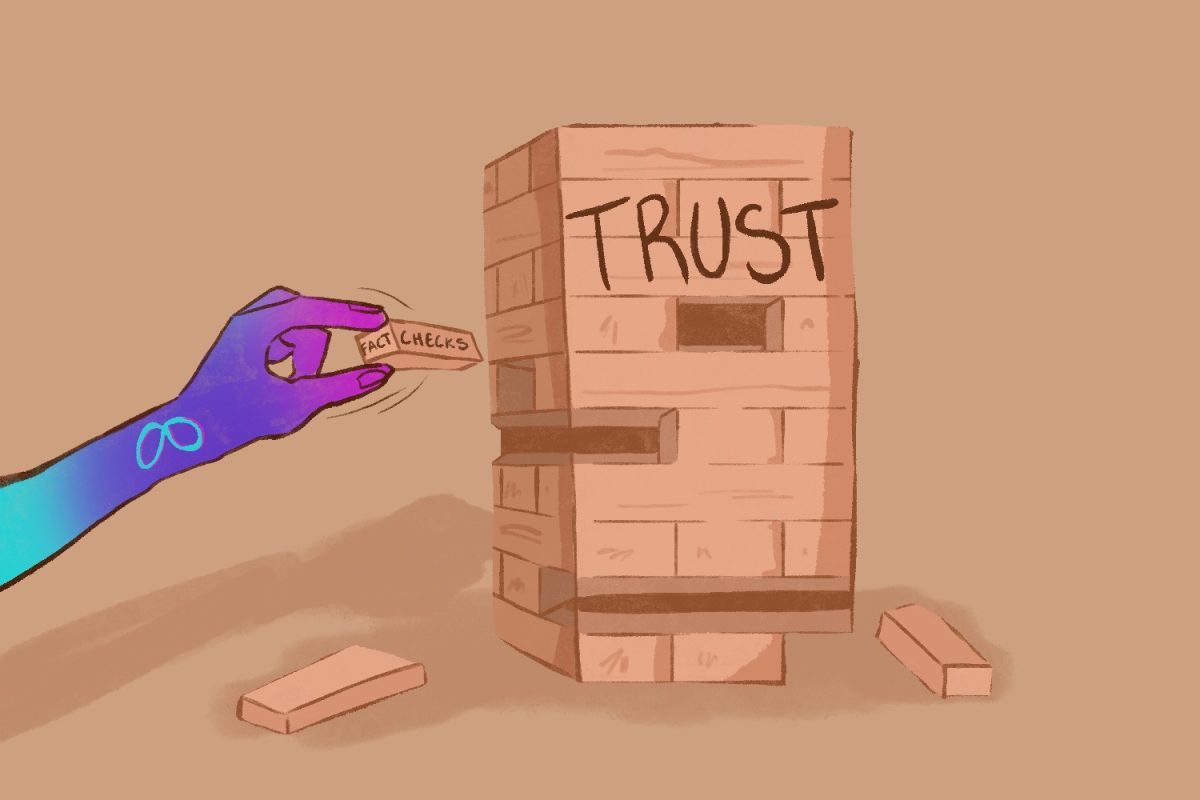The third annual Student Press Freedom Day is on Feb. 26. Its theme, “Journalism Against the Odds,” is quite fitting when applied to current events in the world of student journalism.
Recently, student journalists have faced unique circumstances while reporting on issues central to their communities. One such circumstance is the COVID-19 pandemic, which forced almost every student publication to adapt to budget reductions and minimized contact. However, it also brought new opportunities for journalists, who formed teams devoted exclusively to pandemic coverage.
In addition to the COVID-19 pandemic, racial issues also found their way into student publications. Journalists informed their audience of racism in their communities and society in general; while covering racial justice protests, they were targeted by law enforcement, risking their safety to obtain coverage. But racism can also exist within a publication; over the past few years, journalists have published op-eds exposing racism’s presence both within and outside the newsroom.
But perhaps the most prominent obstacle that student journalists face is censorship from their schools. Censorship usually occurs at student publications with prior review policies, meaning the school reviews content before it is published. Usually, school administrations censor articles that discuss difficult topics out of fear that they would sour the school’s reputation. In reality, censorship stifles students’ freedom of expression.
Carlmont Media is lucky: we are an open public forum, meaning our content is only reviewed by student editors. Our coverage is also protected with New Voices rights, which apply First Amendment freedoms to student journalism. These advantages mean we have more control over what we publish; however, this control comes with a responsibility to keep our coverage accurate, ethical, and informative. We put in extra work and adhere to our policies to exceed these standards and serve our community with coverage that matters.
During this Student Press Freedom Day, recognize that the majority of journalistic content would not exist without press freedom and appreciate the work that goes into bringing coverage to readers. Student journalists have persisted against the odds, and we will continue doing so to serve our communities.
*This editorial reflects the views of the Scot Scoop editorial board and was written by Elise Hsu.

































